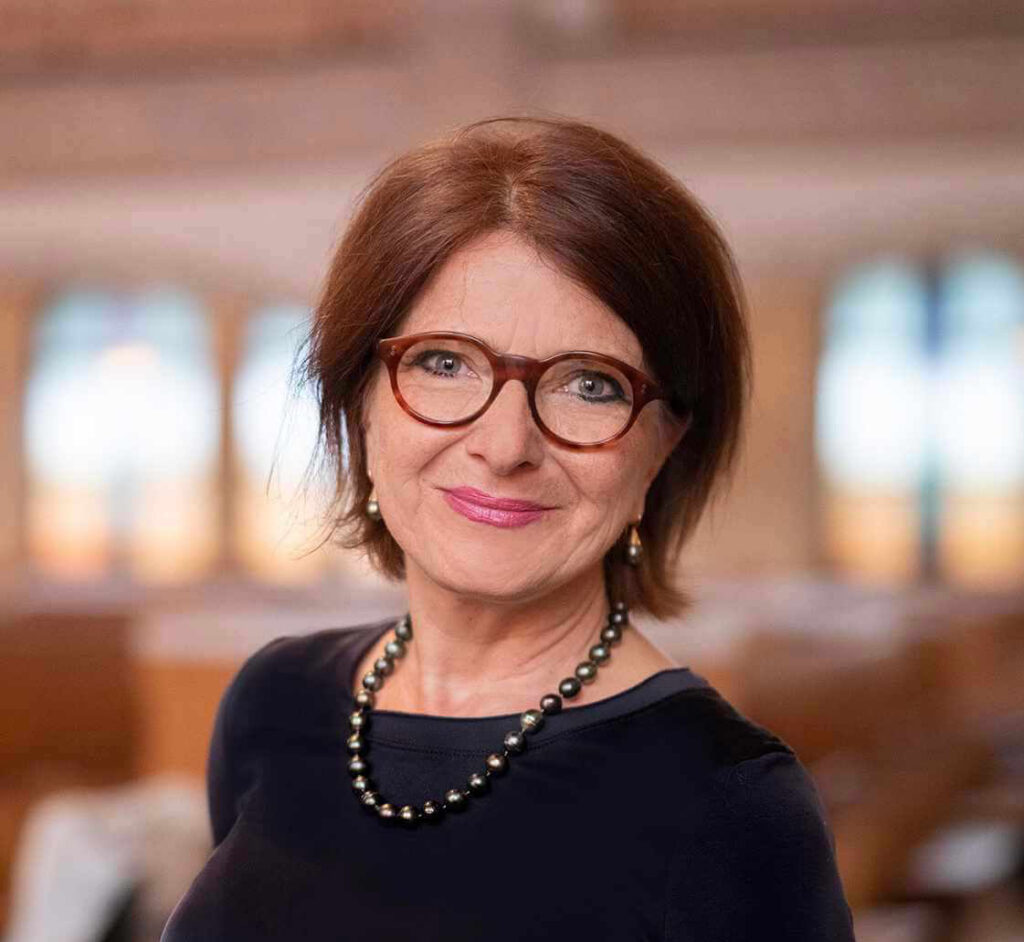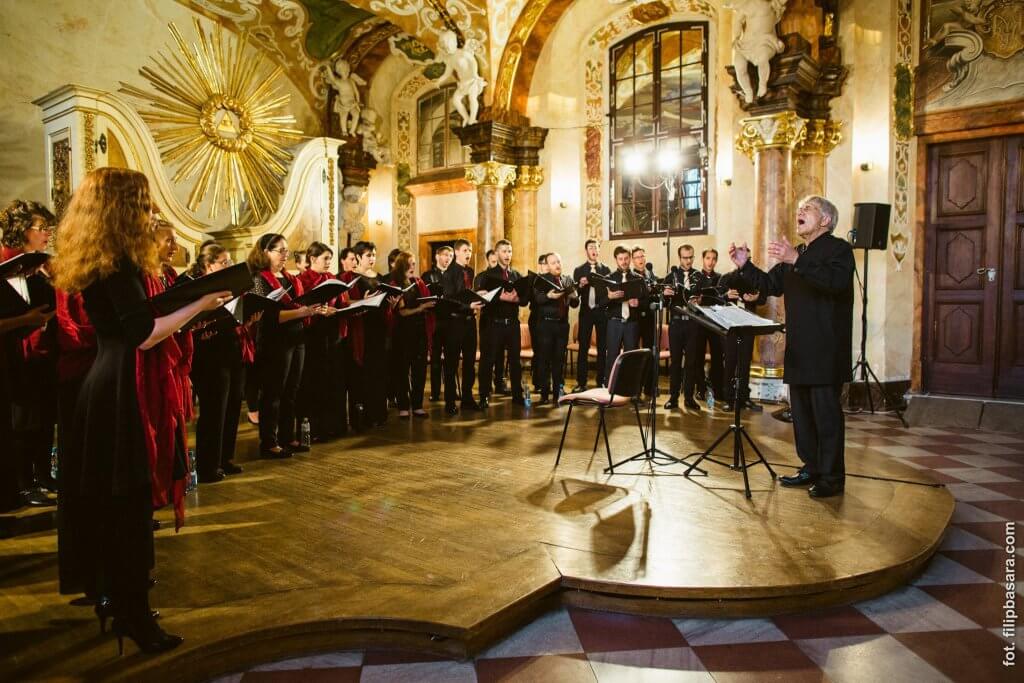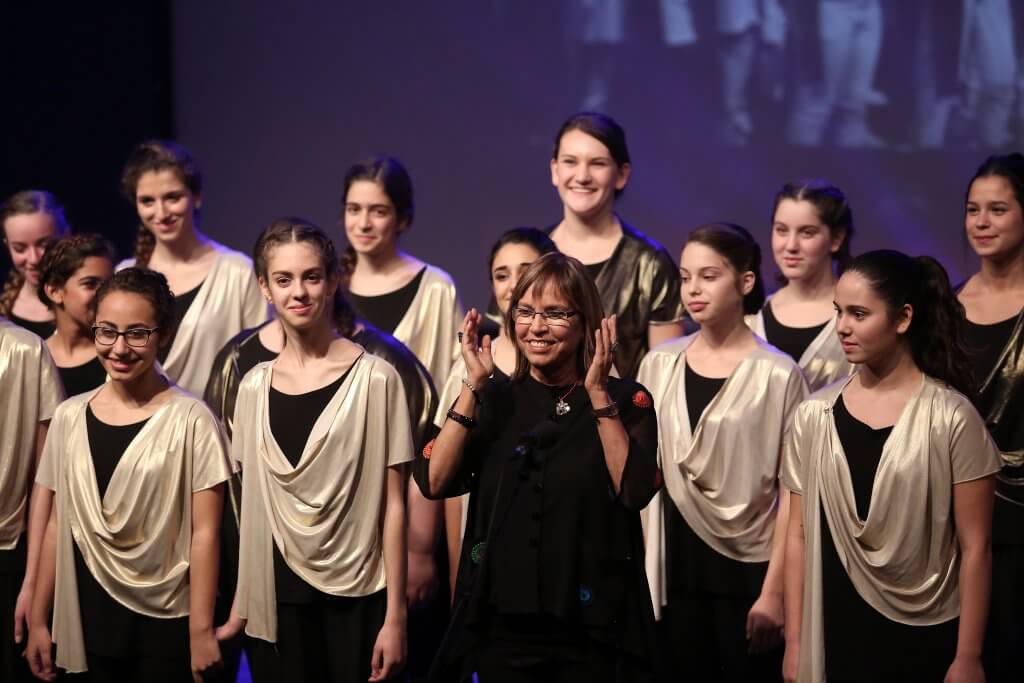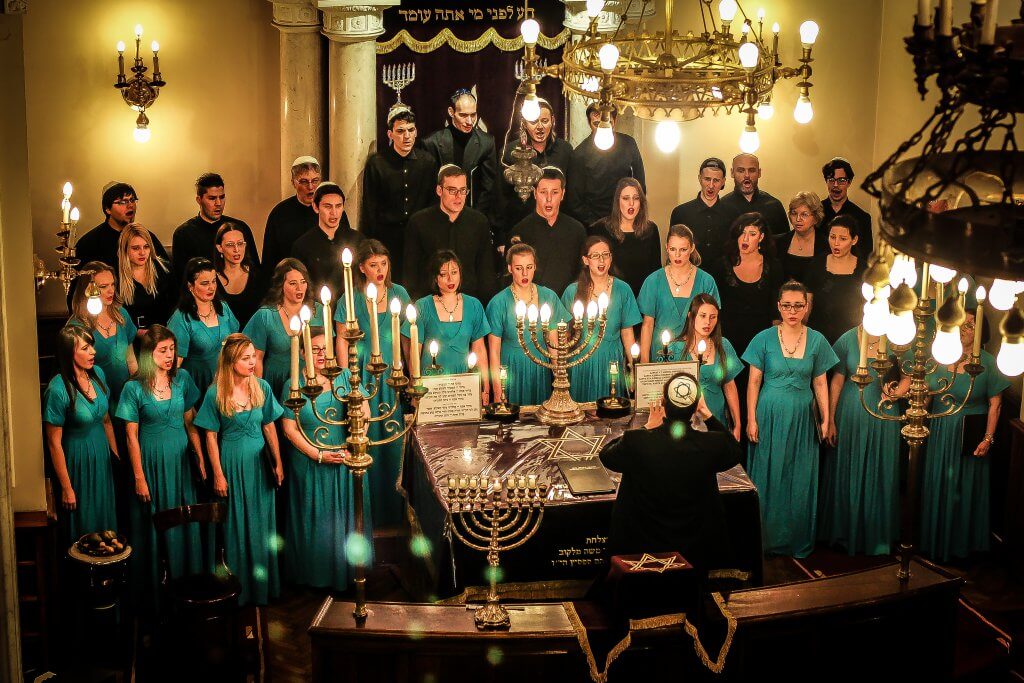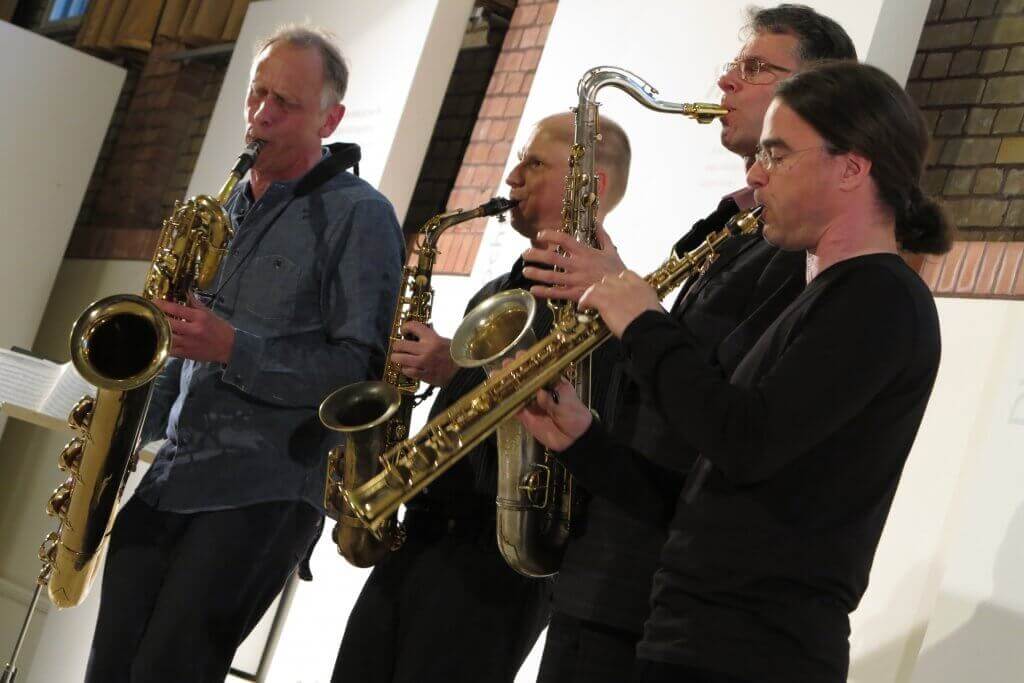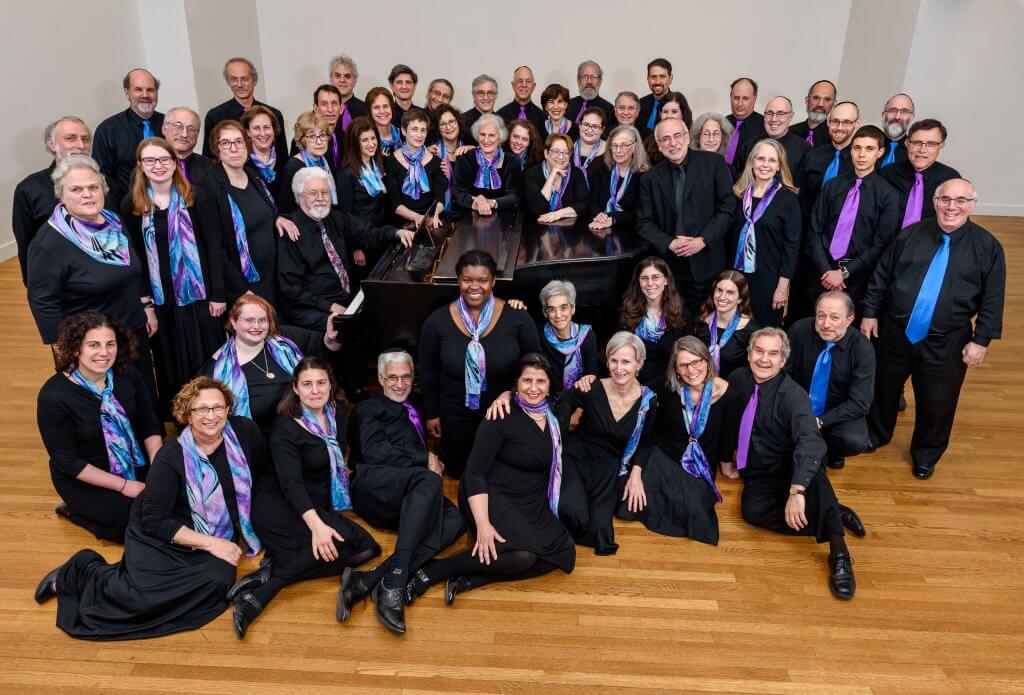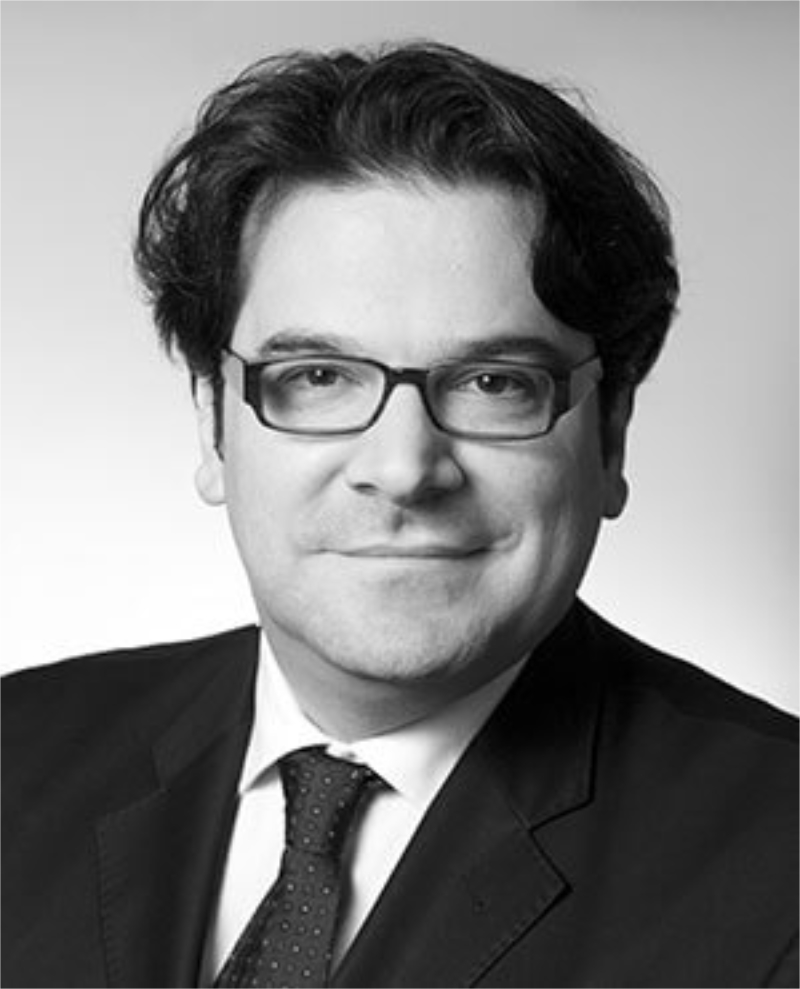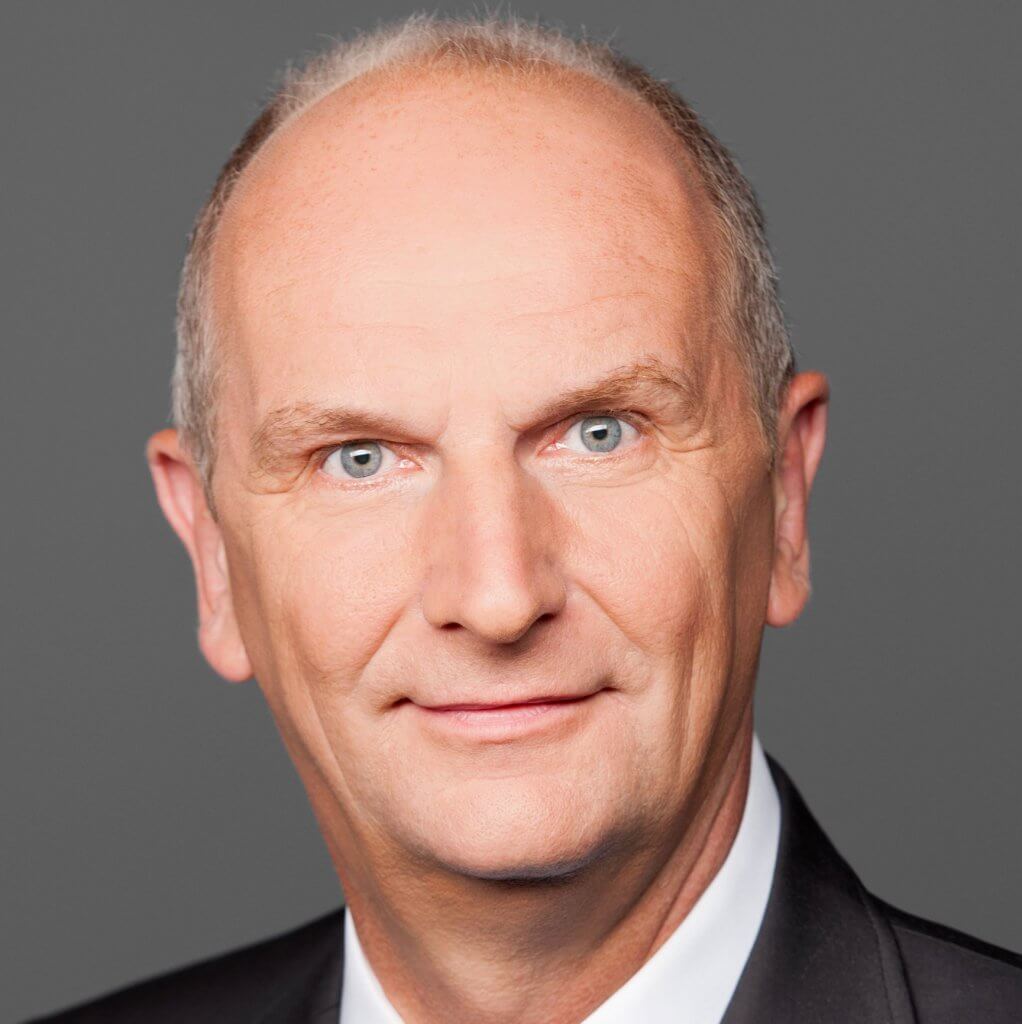Southern stars
200 years of synagogal music
in southern Germany
Louis Lewandowski Festival 2019
Jewish culture in southern Germany: a surprise for many
When you think of southern Germany, beer, dirndls and lederhosen are probably the first things that come to mind.
Less well known, however, is the rich Jewish culture, which is also deeply rooted in this region.
Particularly noteworthy is the development of modern synagogal music, which has its roots here.
Maier Kohn: Pioneer of synagogal music
A central figure in this development was the Chasan, singer and musicologist Maier Kohn (1802-1875).
Even before Louis Lewandowski, after whom a well-known festival is named today, published his works, Kohn brought out the first modern collection of synagogue songs in 1839.
This so-called “Munich Chants” was a comprehensive revision of traditional pieces.
Supported by renowned composers such as Ett, Hartmann and Naumbourg, Kohn compiled this collection for the synagogue in Munich’s Westenriederstraße, where he had been conducting the first synagogue choir in the Bavarian capital since 1832.
In 1843, Kohn was finally appointed community cantor, while at the same time running an educational institute for Jewish girls with his wife.
A balance between tradition and renewal
Kohn’s collection of songs caused a sensation.
As early as March 1838, the “Allgemeine Zeitung des Judentums” reported on the reforms of the Munich synagogue, which took a new direction.
The introduction of a German, partly Hebrew service was a courageous step.
The newspaper emphasized that these reforms were intended to create a balance between the liberal and conservative currents of Judaism.
The service was intended to satisfy both the tradition-conscious, older members of the congregation and the younger generation, who wanted a more modern form of prayer.
The role of the choir in the church service
A central element of these innovations was the introduction of a choir to represent the congregation during the responsions and hymns.
However, this choir was not only intended for entertainment, but also to encourage the congregation to pray together in beautiful, uplifting harmony.
The “Allgemeine Zeitung des Judentums” emphasized that the choir played an important role in encouraging worshippers to actively participate in the service rather than merely entertaining them.
The spread of new music
The changes in Munich were not limited to the city.
In the following decades, the new musical traditions were also introduced in other large Jewish communities in southern Germany, such as Fürth, Mannheim, Wiesbaden and Frankfurt.
Cantors and music directors in these cities also offered the faithful something new and thus contributed to the spread of modern synagogal music.
Overall, it is clear that southern Germany is not only known for its beer and traditional costumes, but has also played an important role in the development of Jewish culture.
The reforms of Maier Kohn and other pioneers of synagogal music had a lasting impact on Jewish religious services in the region and created a tradition that continues to this day.
Judith Kessler

